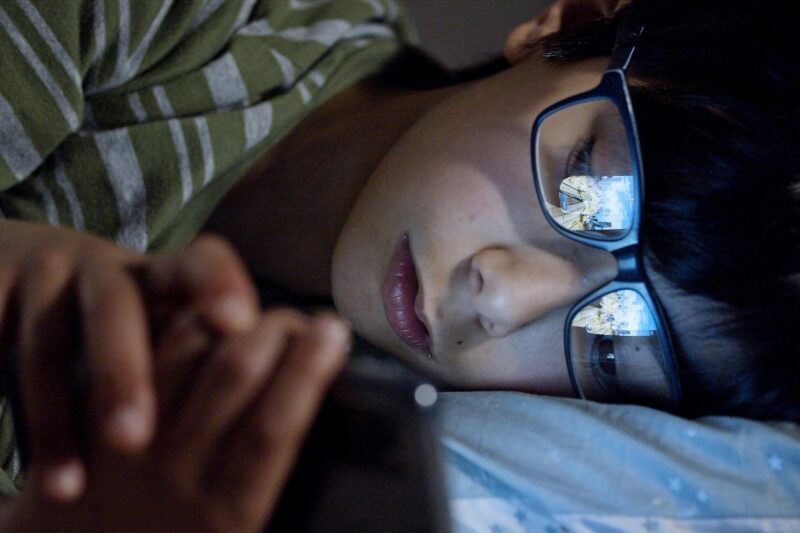Concerns about the impact of screen time on children have been around for years, with parents often left anxious about how tablets, smartphones, and video games might be shaping young minds. But while fears about addiction, mental health, and sleep disruption remain widespread, researchers say the science behind these claims is far less clear-cut than headlines suggest.
Parents’ worries are understandable. Many recall the late Apple co-founder Steve Jobs reportedly banning iPads for his own children, and Bill Gates restricting device use at home. In homes across the world, familiar battles play out—tantrums over screen time, teenagers glued to social media, or endless rounds of online gaming.
For a long time, screens have been blamed for rising depression, behavioural issues, and poor sleep among young people. In 2013, neuroscientist Baroness Susan Greenfield compared their potential harm to the early days of climate change—a global shift society was ignoring.
Yet, more recent research challenges that narrative. A review of 33 studies by the American Psychological Association found screen use played “little role” in mental health concerns. Another study, analysing 11,500 children’s brain scans, found no link between long hours of screen use and poor cognitive outcomes.
Psychologists argue one major problem is the way data is collected. Most studies rely on children self-reporting their habits—estimates often prone to error. Correlation also risks being mistaken for causation. For example, increased phone use among depressed teenagers might reflect loneliness, not the device itself.
Experts now stress that how children use screens matters more than how long. Doomscrolling news late at night is not the same as playing an educational game with friends. Some forms of screen use may even boost wellbeing.
Still, concerns remain. US psychologist Jean Twenge, who has studied rising teenage depression rates, believes excessive screen use displaces sleep, face-to-face socialising, and physical activity—what she calls a “terrible formula for mental health.” Her research suggests limiting access until mid-teens may be protective.
Parents, meanwhile, are caught in the middle of conflicting advice. The World Health Organization recommends no screen time for children under one and no more than an hour for those under four, while both the American Academy of Pediatrics and the UK’s Royal College of Paediatrics stop short of setting firm limits.
With screens now central to education, social life, and even therapy, experts warn against blanket bans. Strict restrictions, some argue, risk making devices more appealing as “forbidden fruit.” Instead, the debate is shifting toward balance: encouraging healthy online habits while ensuring children spend time offline too.
The science is still catching up, and it may be years before we fully understand the impact of screen time. Until then, parents will continue navigating tantrums, guilt, and judgment—while trying to strike the right balance in a world where screens are here to stay.











